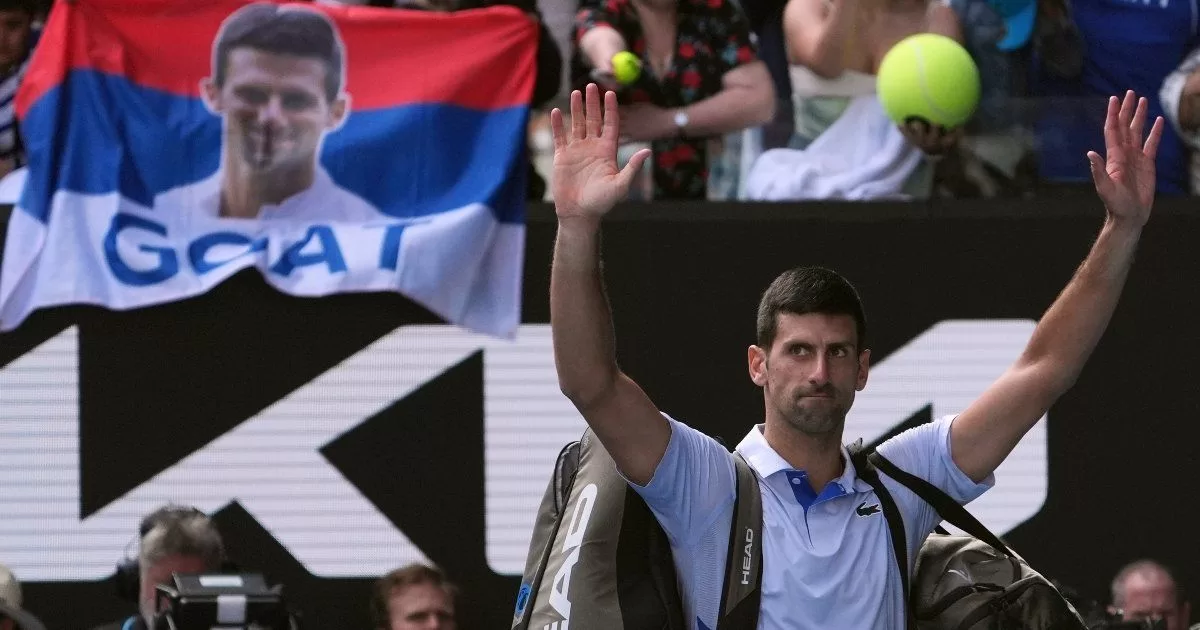The election of the 720 deputies of the European Parliament is the first step in the renewal of the leaders of the UE: the presidents of the European Commission, the executive arm of the EU, and of the Council, which represents the bloc’s countries.
The elections formally started on Thursday in the Netherlands, but this Sunday voting will take place in several of the most populous countries in the EU, such as Germany, France and Spain. Italy began its voting on Saturday, but will close the polls on Sunday afternoon.
Germany is the country that will elect the largest number of Eurolegislators, with 96, followed by France (81), Italy (76) and Spain (61). Malta, Luxembourg and Cyprus will choose 6 each.
Projections across the EU indicate that the European People’s Party (EPP, right) bloc will remain the strongest in the European Parliament, followed by the Socialists & Democrats (S&D, social democrats) group.
Meanwhile, the Renew Europe bloc (Renew, centrists and liberals) should remain the third most important, although weighed down by the advance of the right and the extreme right.
Polls indicate that right-wing parties could obtain up to a quarter of the seats, to the point of threatening the Greens bench.
The conservative political family is divided into two blocks, but a clear demonstration of force would position them as unavoidable interlocutors in the decision-making process.
On one side, there is the Conservatives and Reformists (ECR) bloc and on the other, the Identity and Democracy (ID), separated by their position on the EU itself.
Political map
This Sunday’s result will redefine the EU’s political map for the next five years at a time when the bloc faces issues such as the war in Ukraine and difficult trade negotiations.
The current president of the Commission and candidate for a new five-year term, the German Ursula von del Leyen, belonging to the EPP, voted in the morning in the town of Burgdorf, in Lower Saxony, accompanied by her husband.
Von der Leyen opened the door to specific alliances with the group of Italy’s right-wing prime minister, Giorgia Meloni.
Denmark’s Prime Minister, Social Democrat Mette Frederiksen, said on Instagram that her country “needs a strong EU if we want to solve the big challenges together. It matters who you vote for today. And every vote counts.”
The right shows the muscles
In Austria, exit polls indicate that the right-wing FPO party came out on top, with around 27% of the vote, according to first estimates.
In Spain, voters’ support for the EU remains high – 67% are favorable, according to the latest Eurobarometer survey – perhaps because they associate the modernization of the country after the Franco dictatorship (1939-1975) with joining the bloc. .
In just over a year, Spain has held municipal, regional, national and now European elections, and each one has the flavor of revenge for the previous one, between the socialists of the President of the Government, Pedro Sánchez, and the conservatives of the Popular Party (PP). , led by Alberto Núñez Feijóo.
“It is important that with our vote we decide if we want a Europe that advances or a Europe that regresses. And I hope it is the first, rather than the second,” said the president of the Spanish government, Pedro Sánchez, who faces to a corruption scandal involving his wife investigated by justice.
By 12:00 GMT, voter turnout in Spain was approximately 28%, below the 34.7% that had been recorded at the same time five years ago.
Le Pen party
In France, polls indicate that Marine Le Pen’s right-wing National Rally party can defeat President Emmanuel Macron’s center-right alliance.
In France, the projections at 3:00 p.m. GMT indicated a level of participation of 45.4%, slightly above the 43.29% that had been registered at the same time in the 2019 elections and far from the 34% verified in 2014.
In Germany, the right-wing AfD party could capture around 14% of the votes, on par with the Greens and behind the Christian Democrats.
Another country where the right can have a solid result is Hungary.
“I hope that a majority favorable to peace will emerge from these elections,” declared the Prime Minister, the nationalist Viktor Orban, after voting in Budapest.
Ferenc Hamori, a physical education teacher who voted on the outskirts of Budapest, said the EU would work much better if it had more leaders like Orban.
Orban’s Party, Fidesz, has approximately 50% of voting intentions, and in second place is the opposition party Tisza, with about 27%.
In Poland, doctor Andrzej Zemiejewski, 51, said after voting in Warsaw that his most pressing concern was strengthening “security,” given his country’s proximity to the scene of the war between Russia and Ukraine.
Source: With information from AFP



